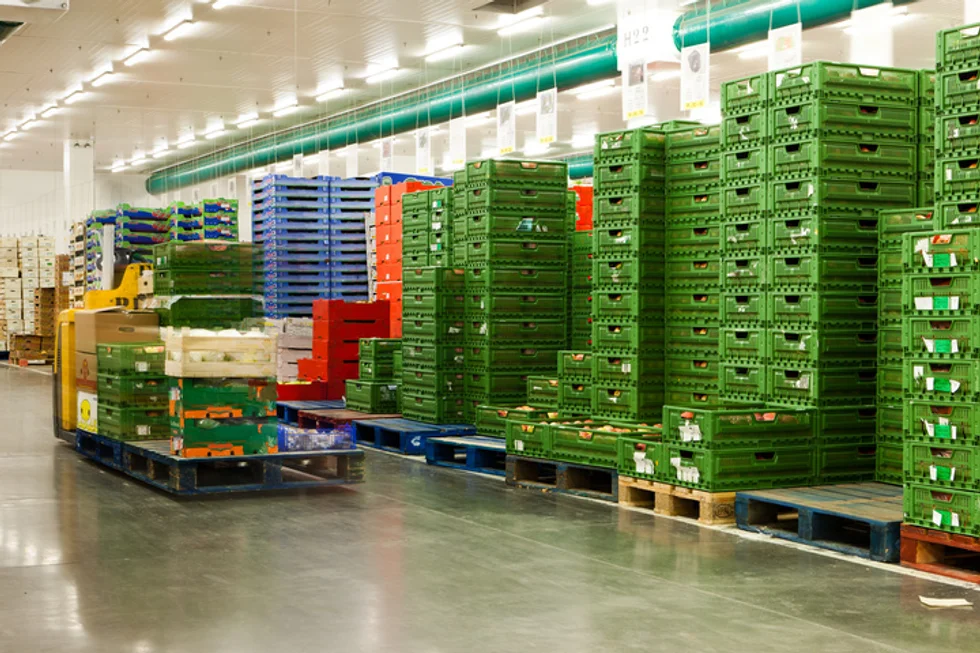Temperature-controlled warehousing plays a crucial role in storing and preserving a wide range of products that require specific temperature conditions. In Pennsylvania, a state with diverse industries and climatic conditions, the availability of various types of specialized warehousing facilities ensures the efficient storage and distribution of temperature-sensitive goods. This article will explore the different types of temperature-controlled warehousing available in Pennsylvania, including cold storage, refrigerated warehousing, climate-controlled warehousing, and frozen storage warehousing, and discuss their advantages and applications in the state.
- Cold Storage Warehousing:
Cold storage warehousing facilities in Pennsylvania are designed to maintain temperatures ranging from -15°C to 15°C. These facilities are commonly used for storing perishable food items, including fruits, vegetables, meat, dairy products, and frozen meals. The controlled temperature prevents spoilage and extends the shelf life of these products. Cold storage warehouses also play a vital role in the pharmaceutical and healthcare industries for maintaining the integrity of vaccines and other temperature-sensitive medications.
- Refrigerated Warehousing:
Refrigerated warehousing facilities in Pennsylvania maintain temperatures between -30°C to 10°C. These facilities are typically used for storing items such as seafood, poultry, pharmaceuticals, and dairy products that require lower temperatures than what cold storage provides. The temperature control in refrigerated warehouses ensures the preservation of product quality, prevents bacterial growth, and reduces the risk of spoiling.
- Climate-Controlled Warehousing:
Climate-controlled warehousing facilities are designed to maintain a stable temperature and humidity level throughout the year. These warehouses usually maintain temperatures between 15°C to 25°C and are ideal for storing sensitive items like electronics, artwork, wine, and cosmetics. Climate control protects these products from extreme temperature fluctuations, humidity-related damage, and potential deterioration over time.
- Frozen Storage Warehousing:
Frozen storage warehousing facilities in Pennsylvania are set to maintain temperatures below -18°C. These warehouses are essential for freezing and storing a wide variety of products such as frozen food, ice cream, and other perishable items. They help preserve the quality, taste, and texture of frozen goods while preventing degradation caused by temperature variations.
Advantages of Temperature-Controlled Warehousing in Pennsylvania
– Extended Shelf Life: Proper temperature control significantly extends the shelf life of perishable goods, reducing waste and ensuring product availability.
– Product Integrity: Maintaining the optimal temperature conditions ensures that products retain their quality, taste, and nutritional value.
– Compliance with Regulations: Temperature control is crucial for industries like food and pharmaceuticals to meet regulatory requirements and maintain product safety.
– Supply Chain Efficiency: Temperature-controlled warehousing facilities enable efficient storage, distribution, and timely delivery of temperature-sensitive goods.
– Industry-specific Solutions: With a diverse range of specialized warehousing in Pennsylvania, businesses can find tailored solutions to meet their specific storage needs.
Conclusion
Temperature-controlled warehousing in Pennsylvania provides vital support to industries that rely on preserving the quality and integrity of temperature-sensitive goods. Whether it is cold storage, refrigerated warehousing, climate-controlled warehousing, or frozen storage warehousing, these facilities ensure the optimal storage conditions required for a variety of products. By offering extended shelf life, product integrity, compliance with regulations, and efficient supply chain operations, temperature-controlled warehousing in Pennsylvania contributes significantly to the overall success of industries in the state.


 Dave McGowan has been a member of the WEL Family since May 1989. He is a husband and father of two children. Dave is also a U.S. Army veteran and served in Vietnam in 1971-1972, and he attended driving school soon after he was released from the military in 1974.
Dave McGowan has been a member of the WEL Family since May 1989. He is a husband and father of two children. Dave is also a U.S. Army veteran and served in Vietnam in 1971-1972, and he attended driving school soon after he was released from the military in 1974. During his career with WEL, Phil has worked as a driver, dispatcher, terminal manager and customer service manager. He says he always was a driver first, though non-driving jobs taught him financial management that helps him as an owner-operator.
During his career with WEL, Phil has worked as a driver, dispatcher, terminal manager and customer service manager. He says he always was a driver first, though non-driving jobs taught him financial management that helps him as an owner-operator.